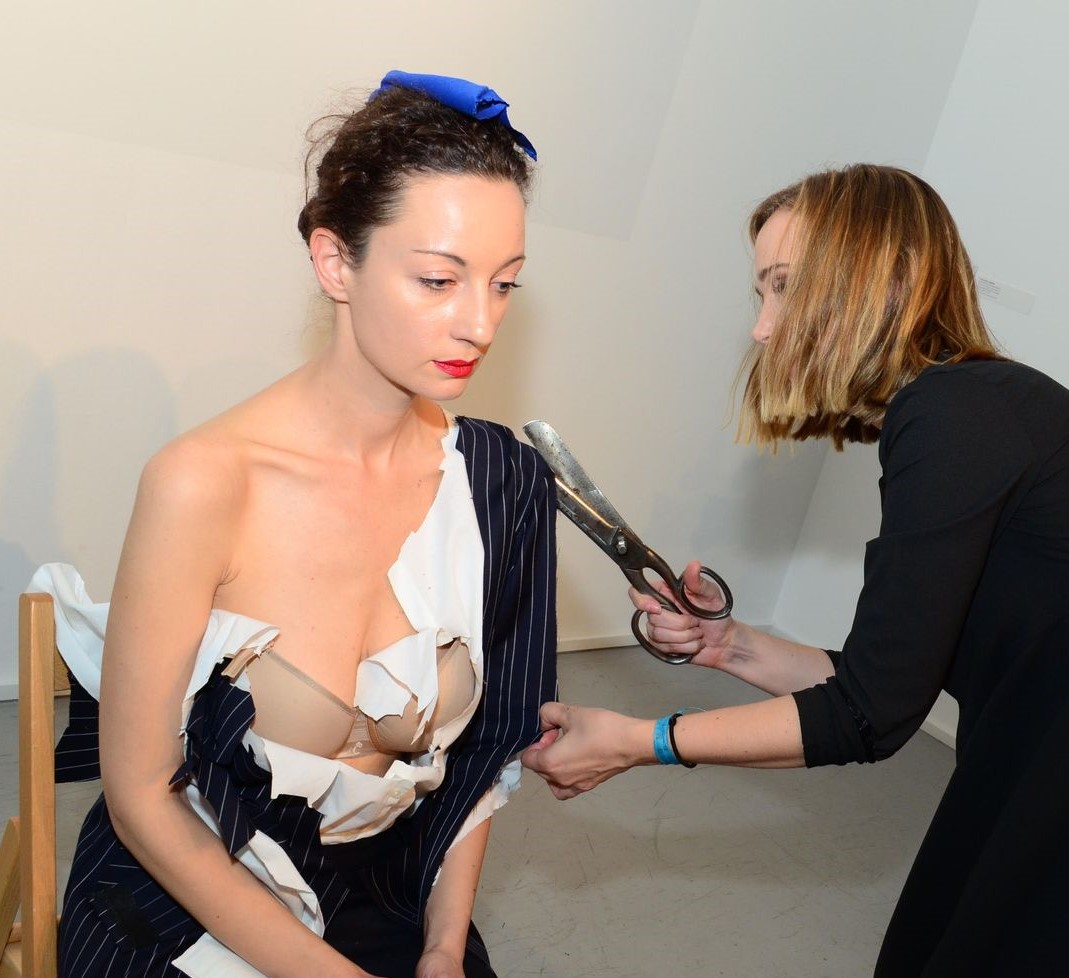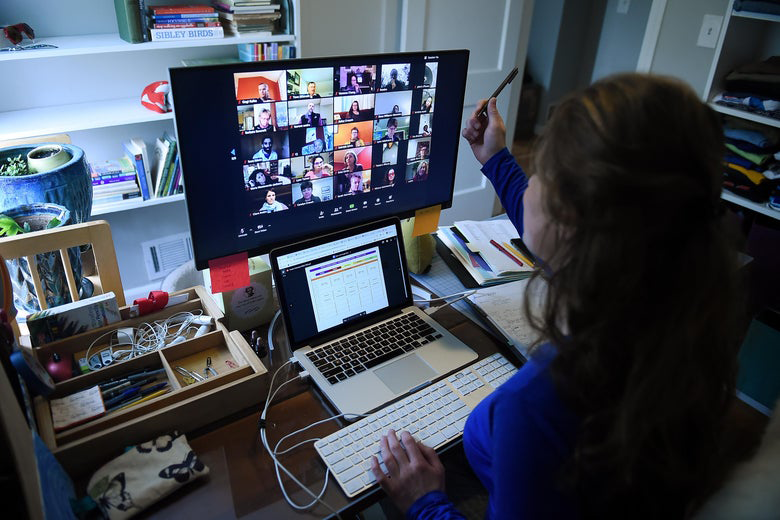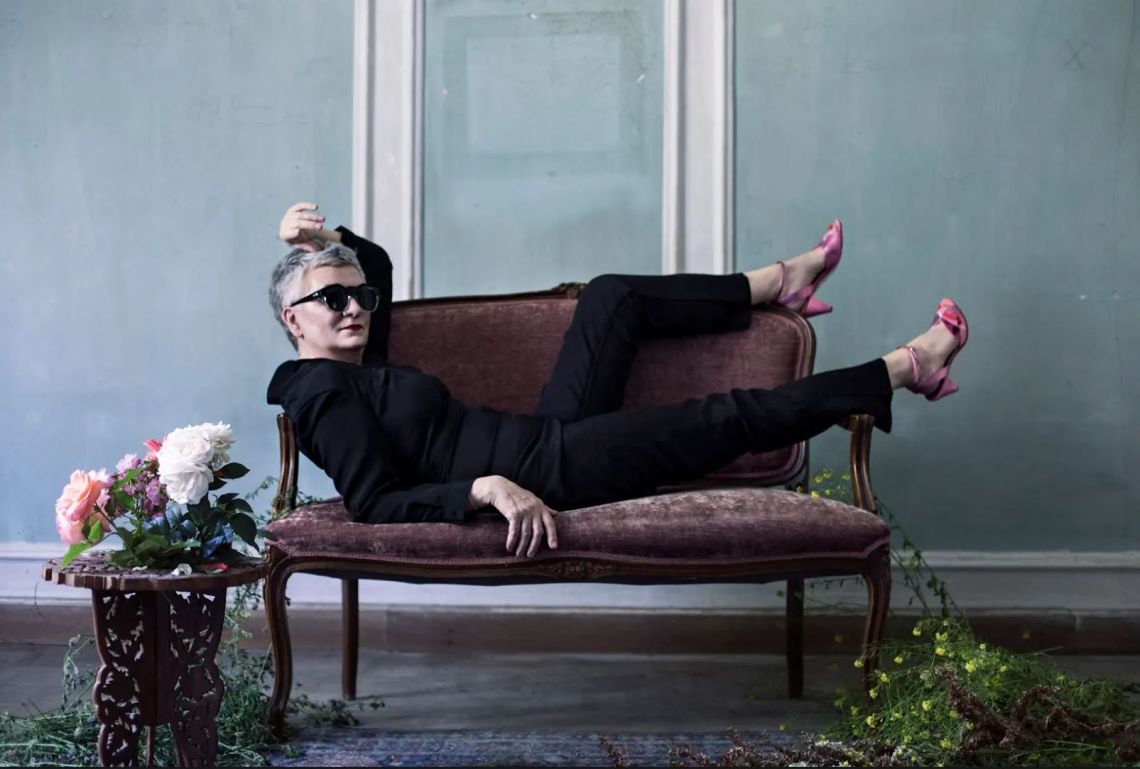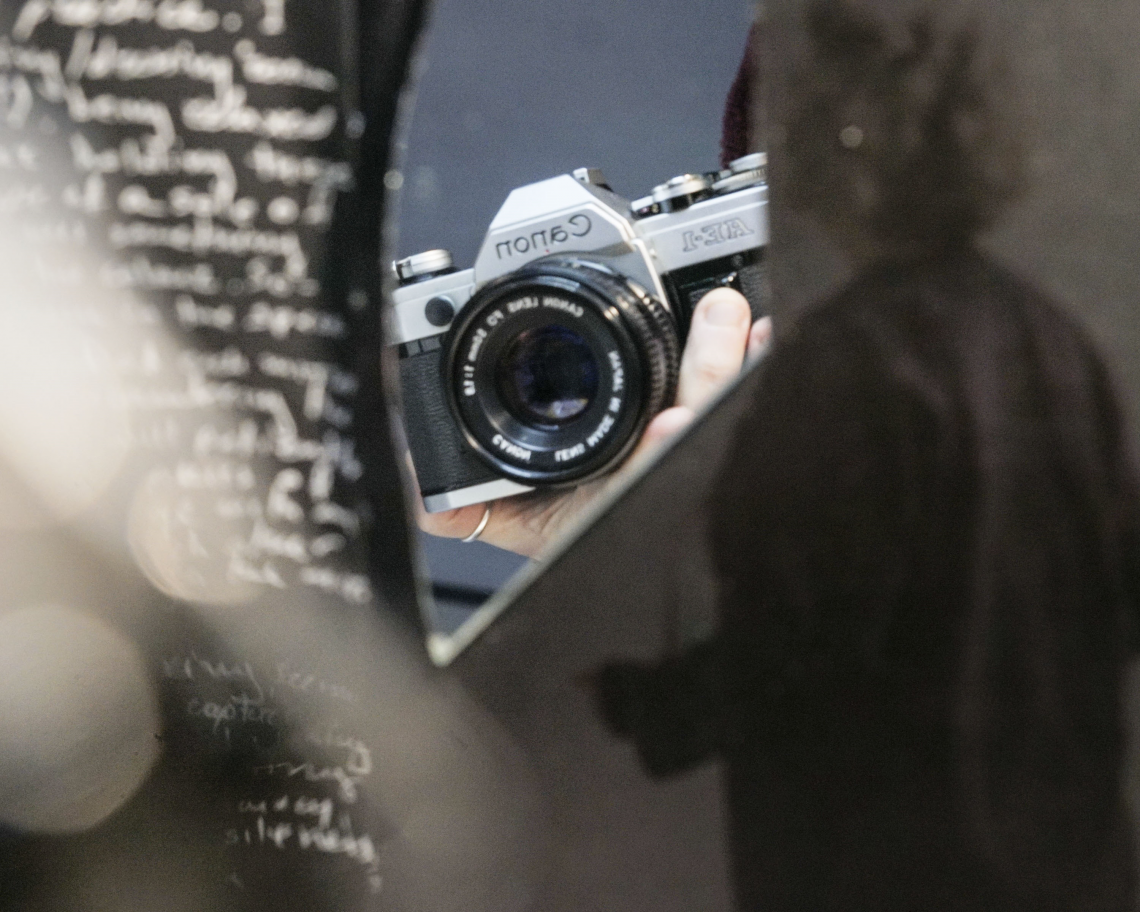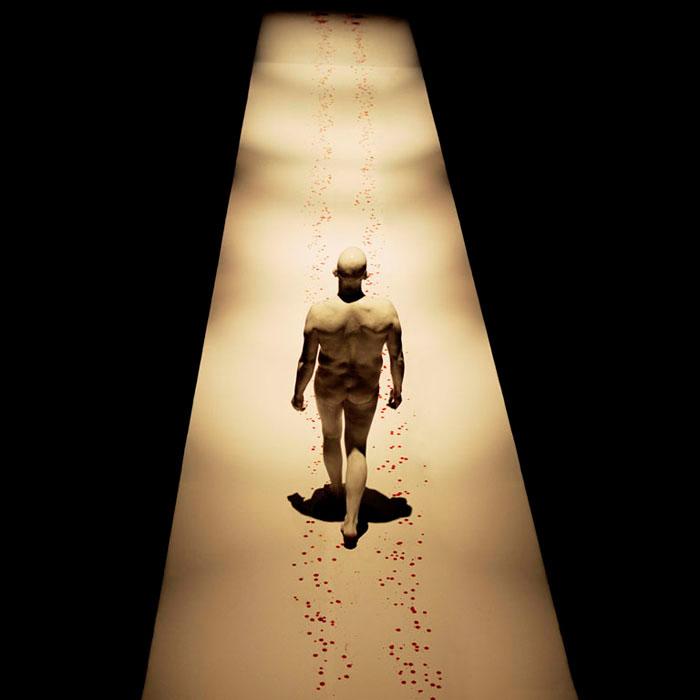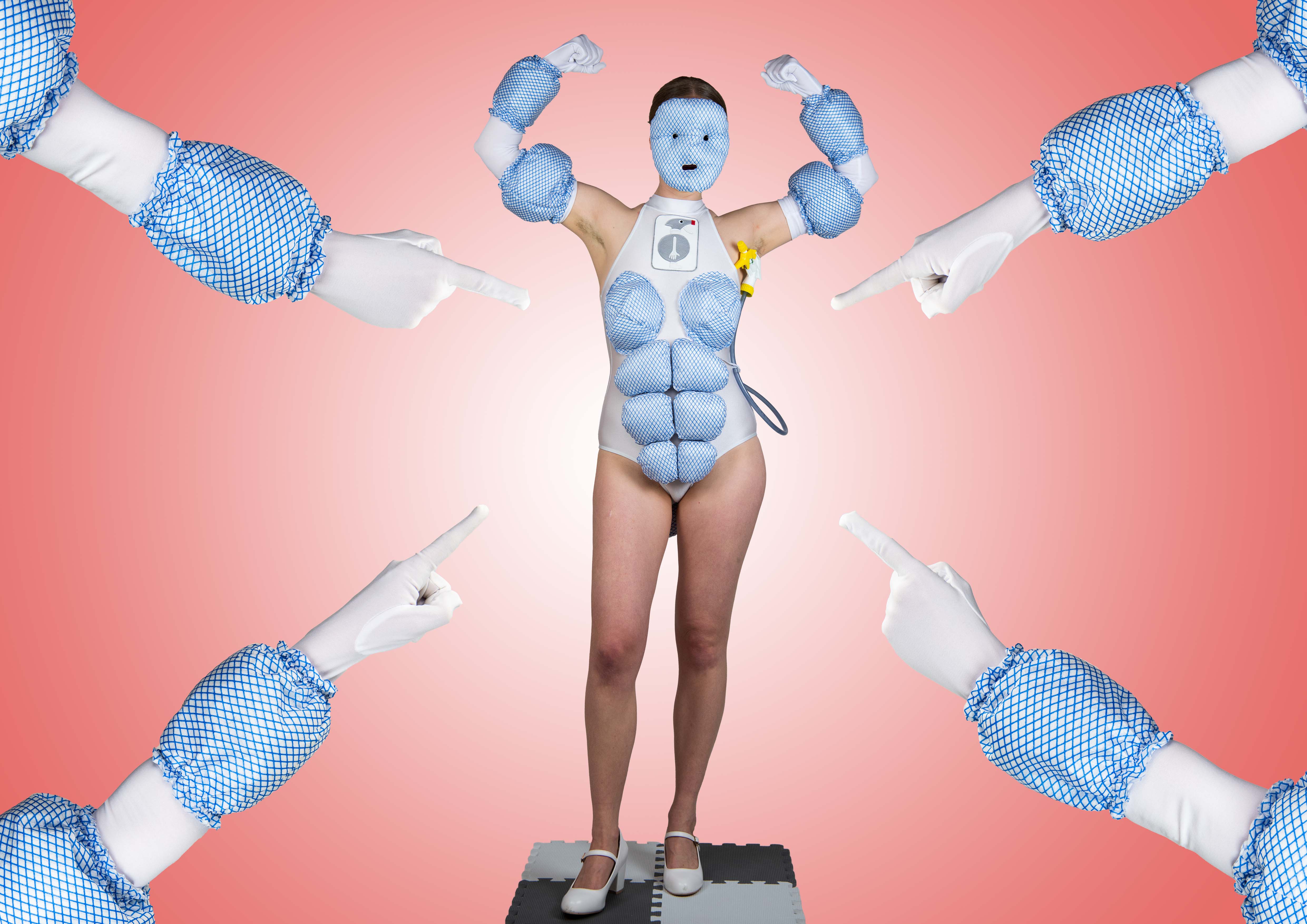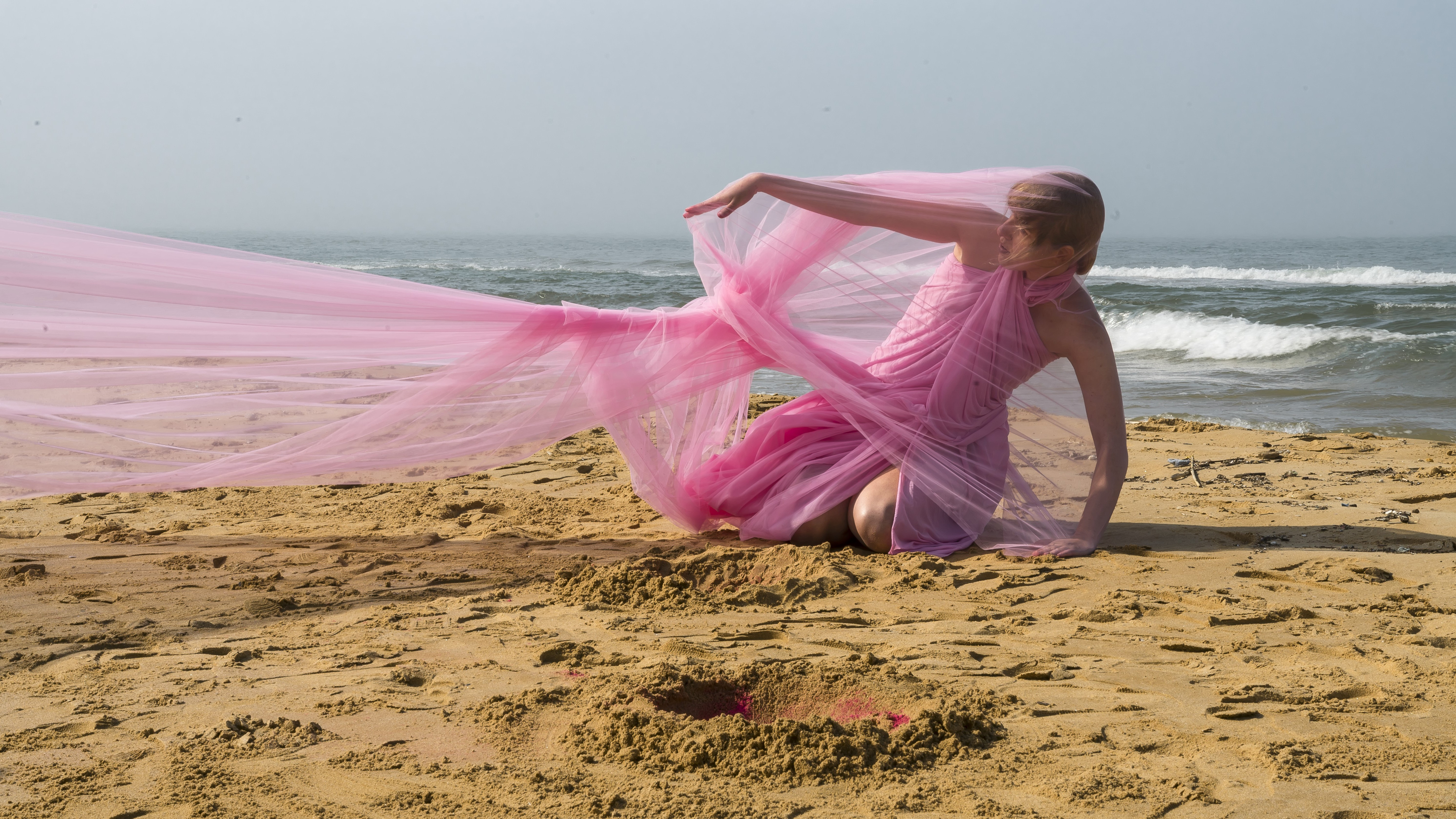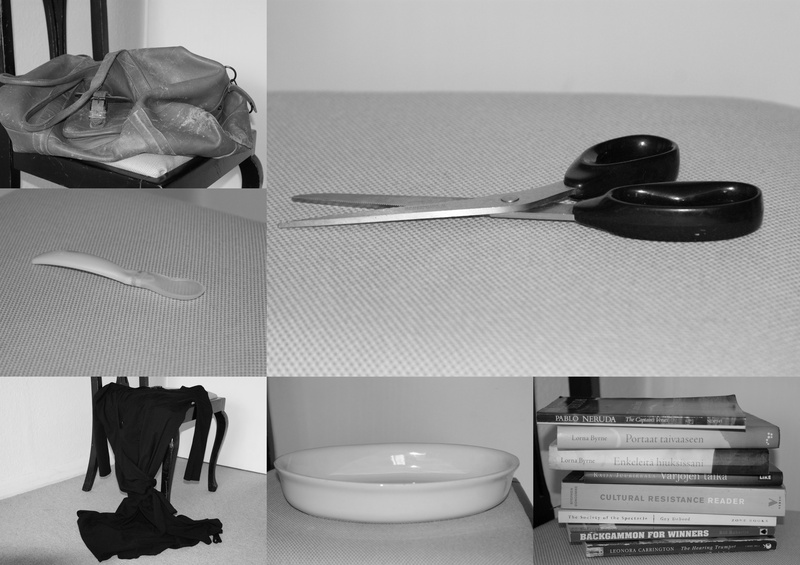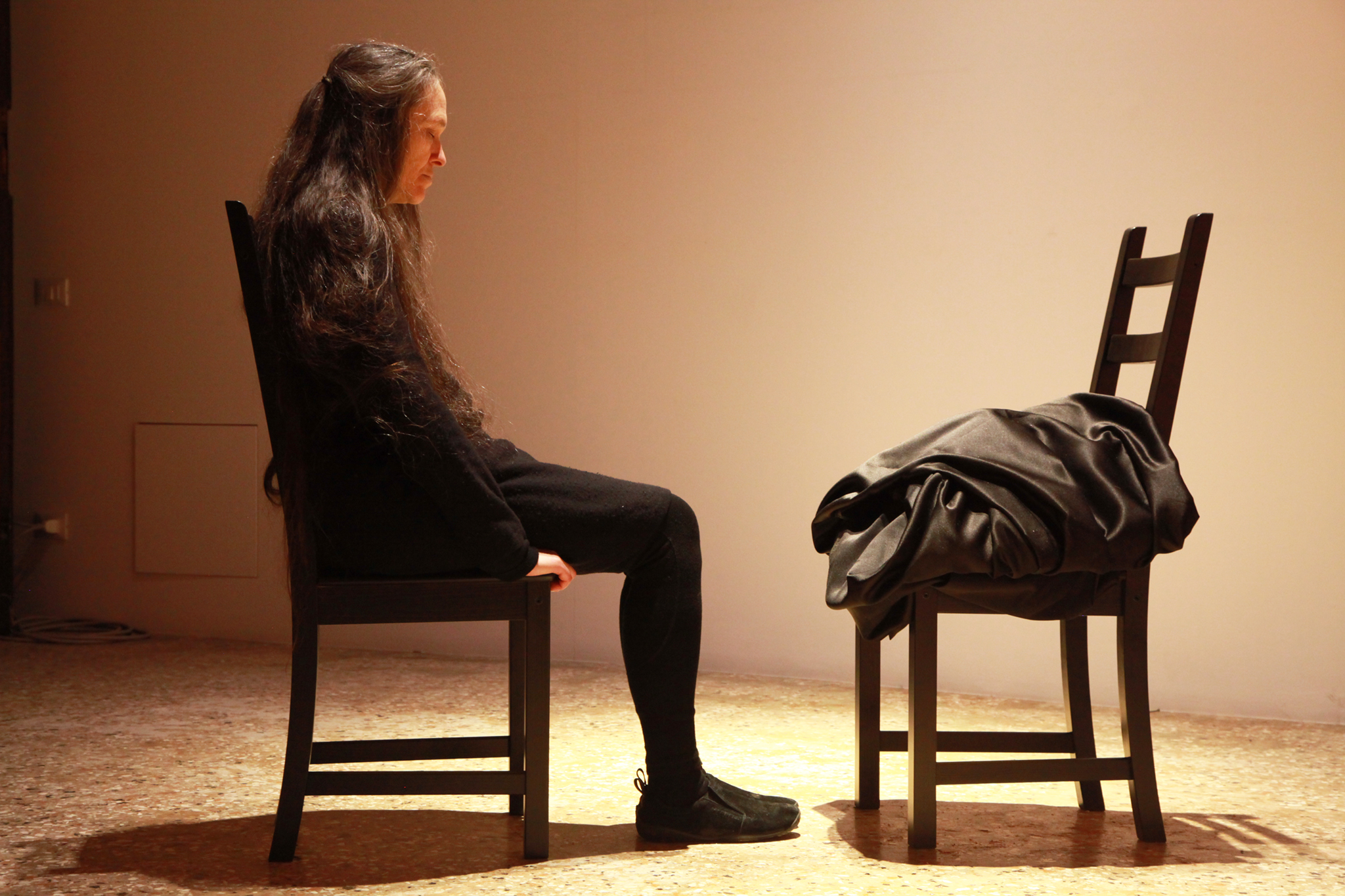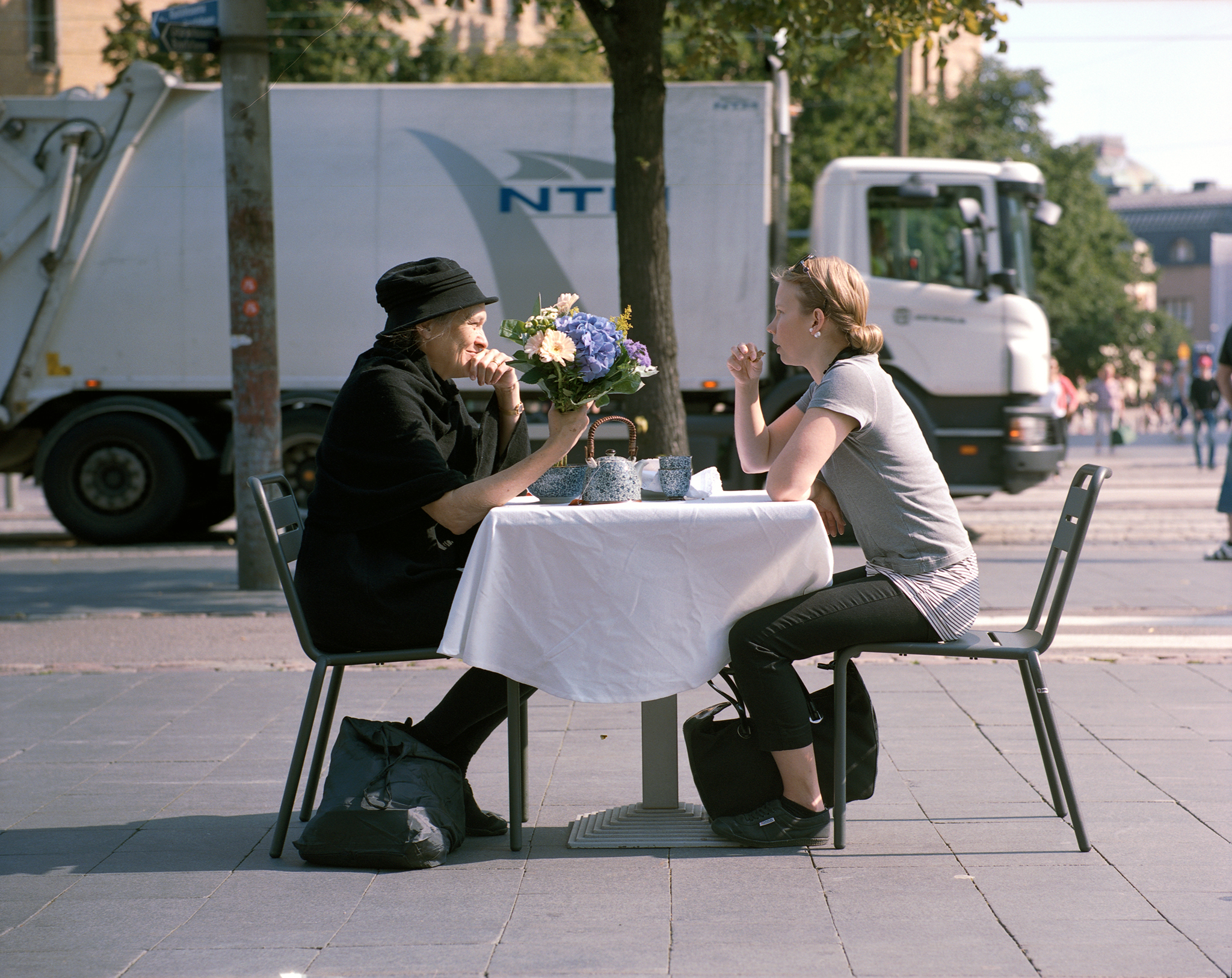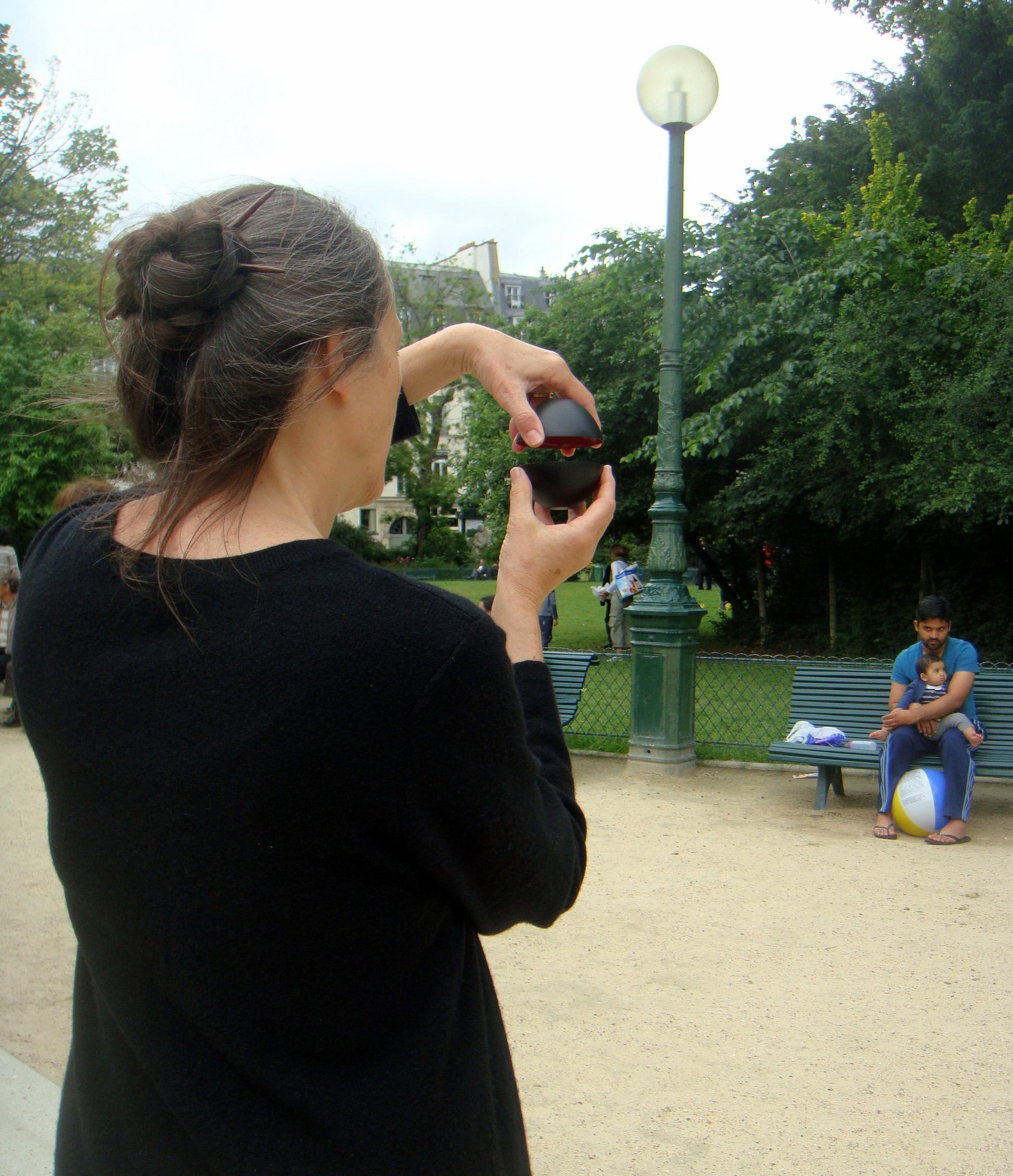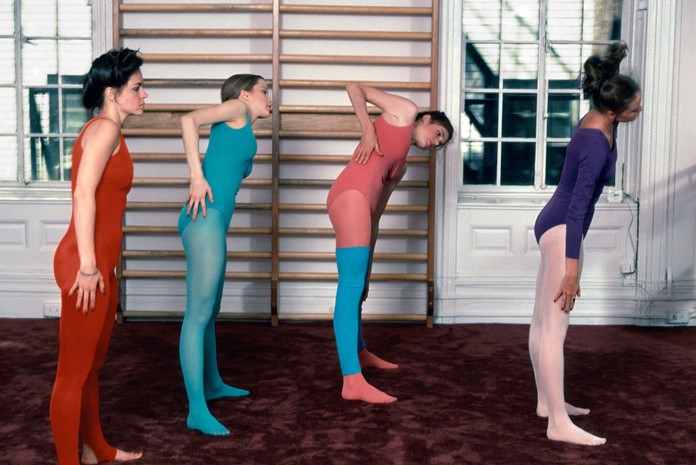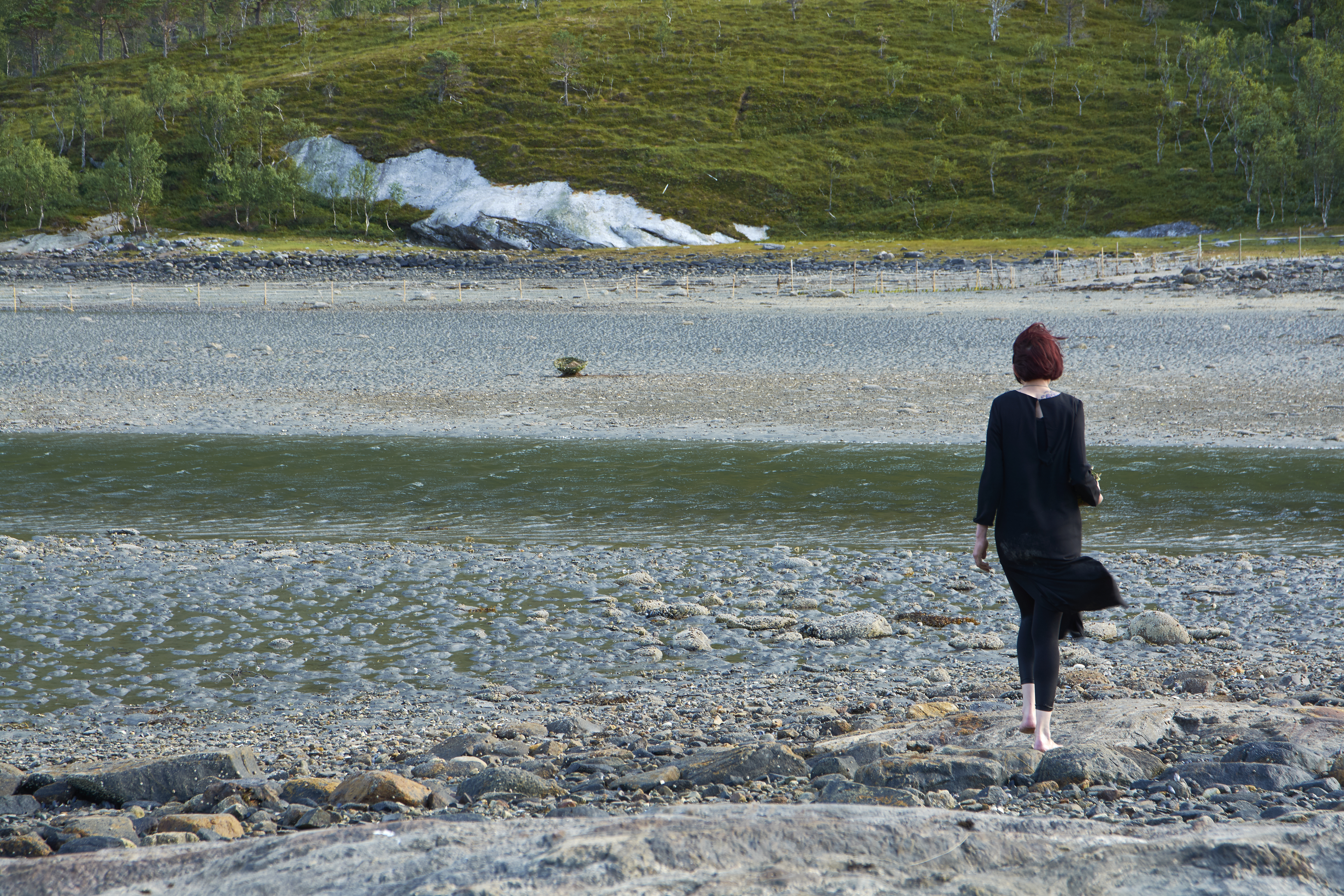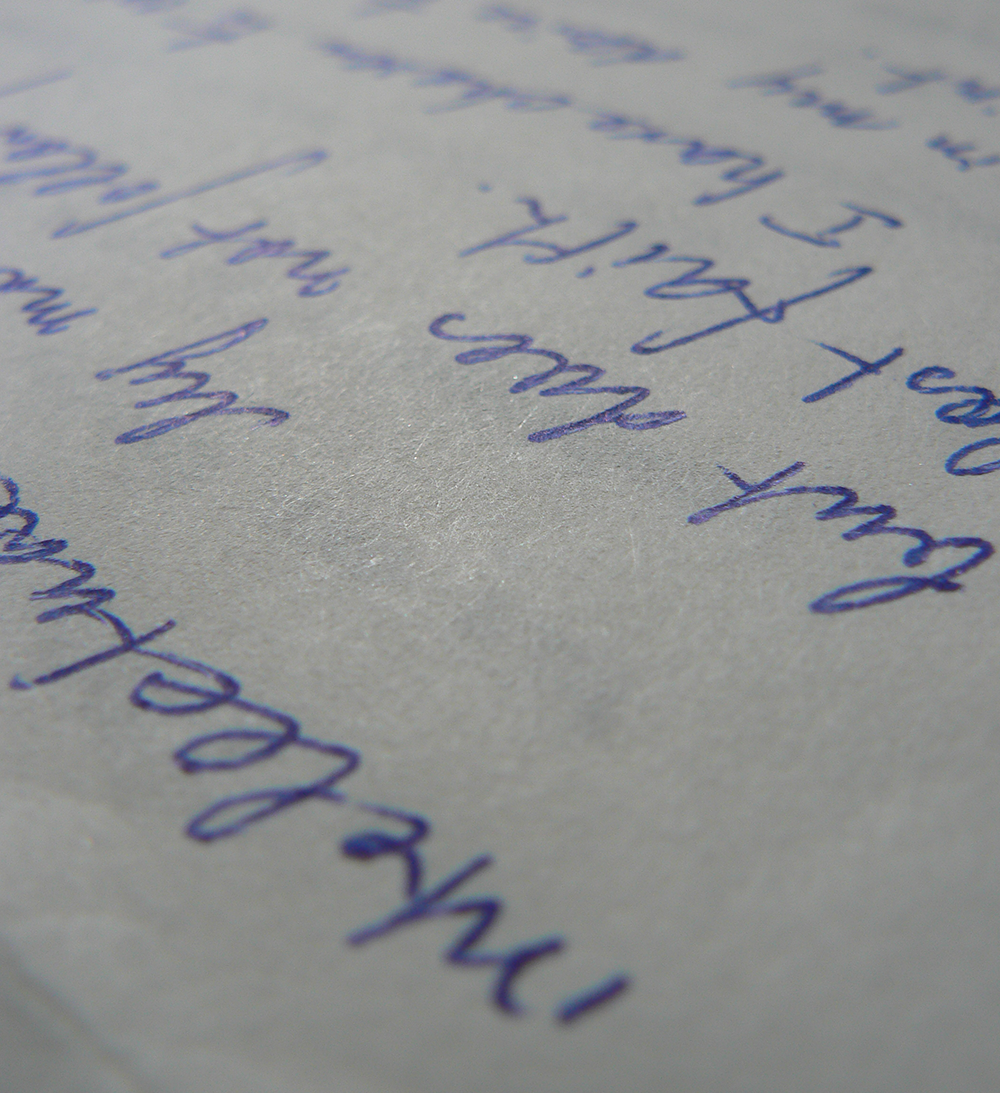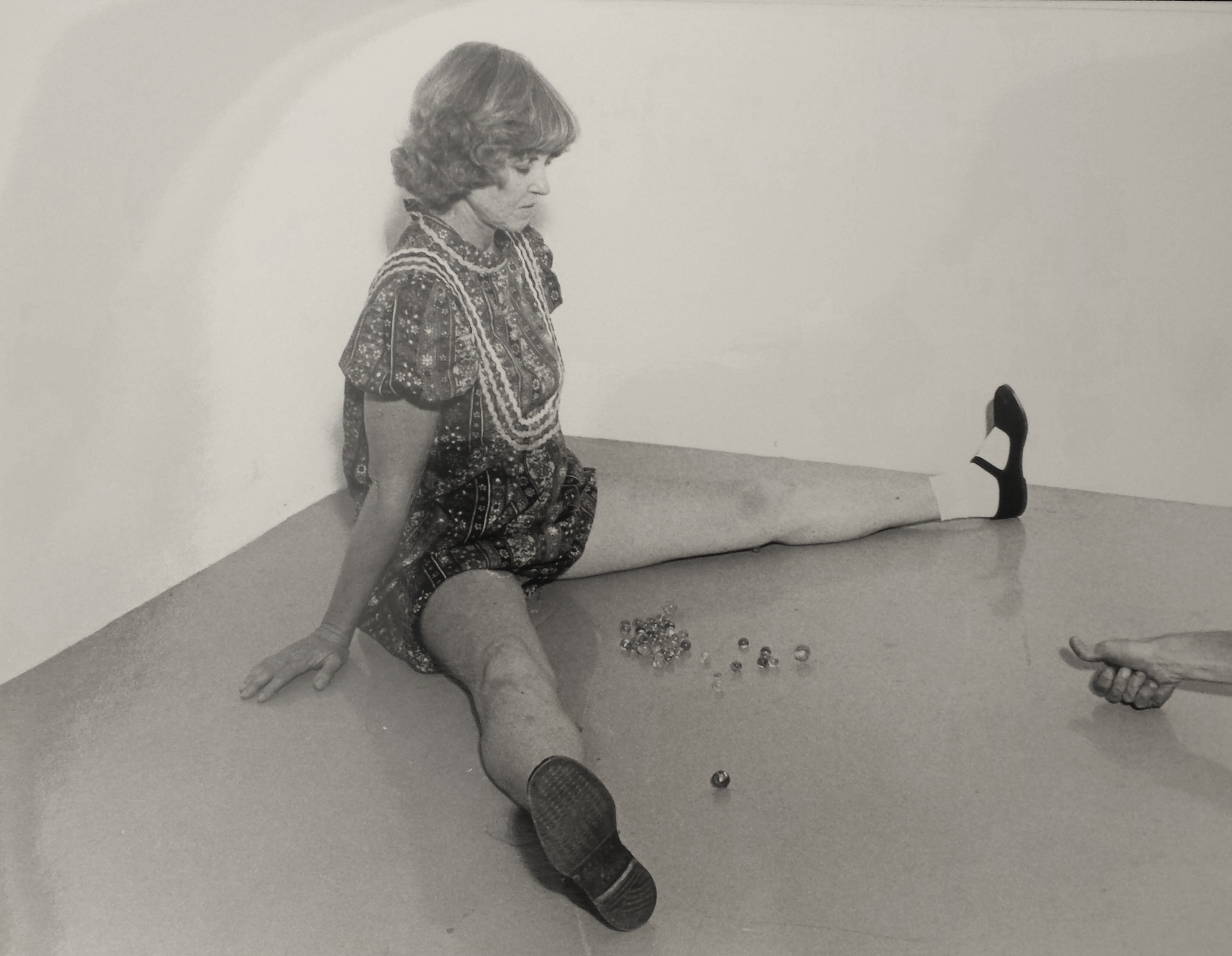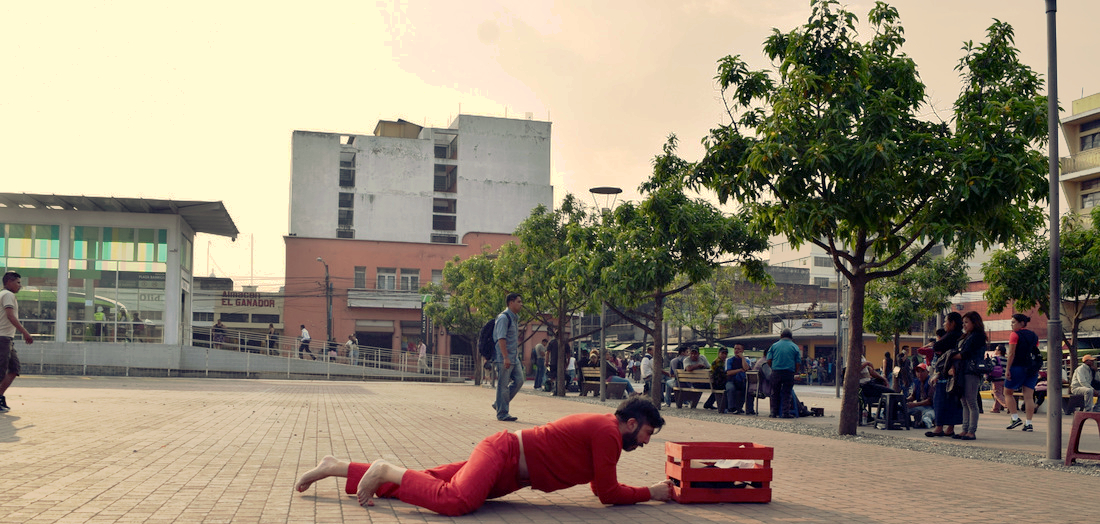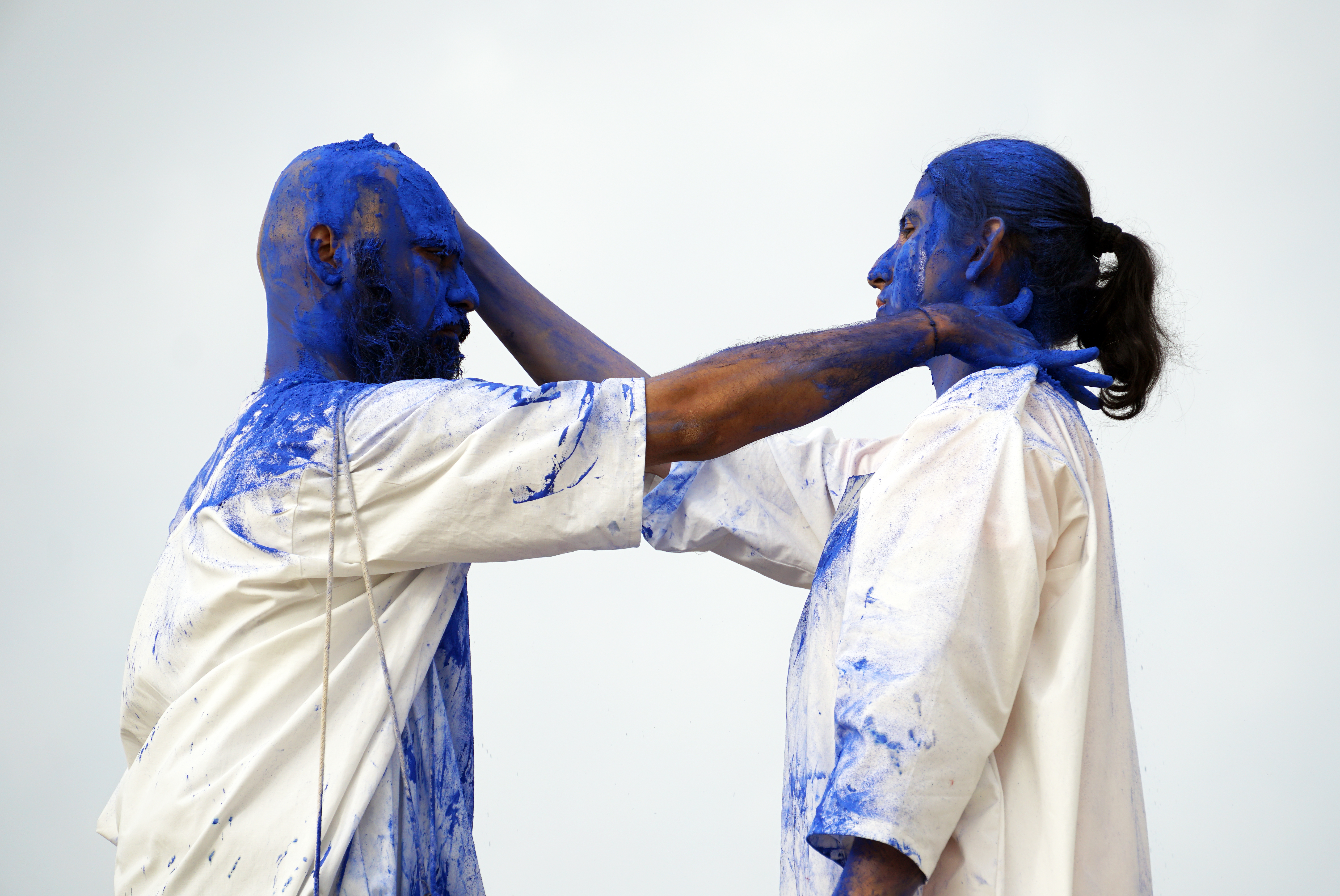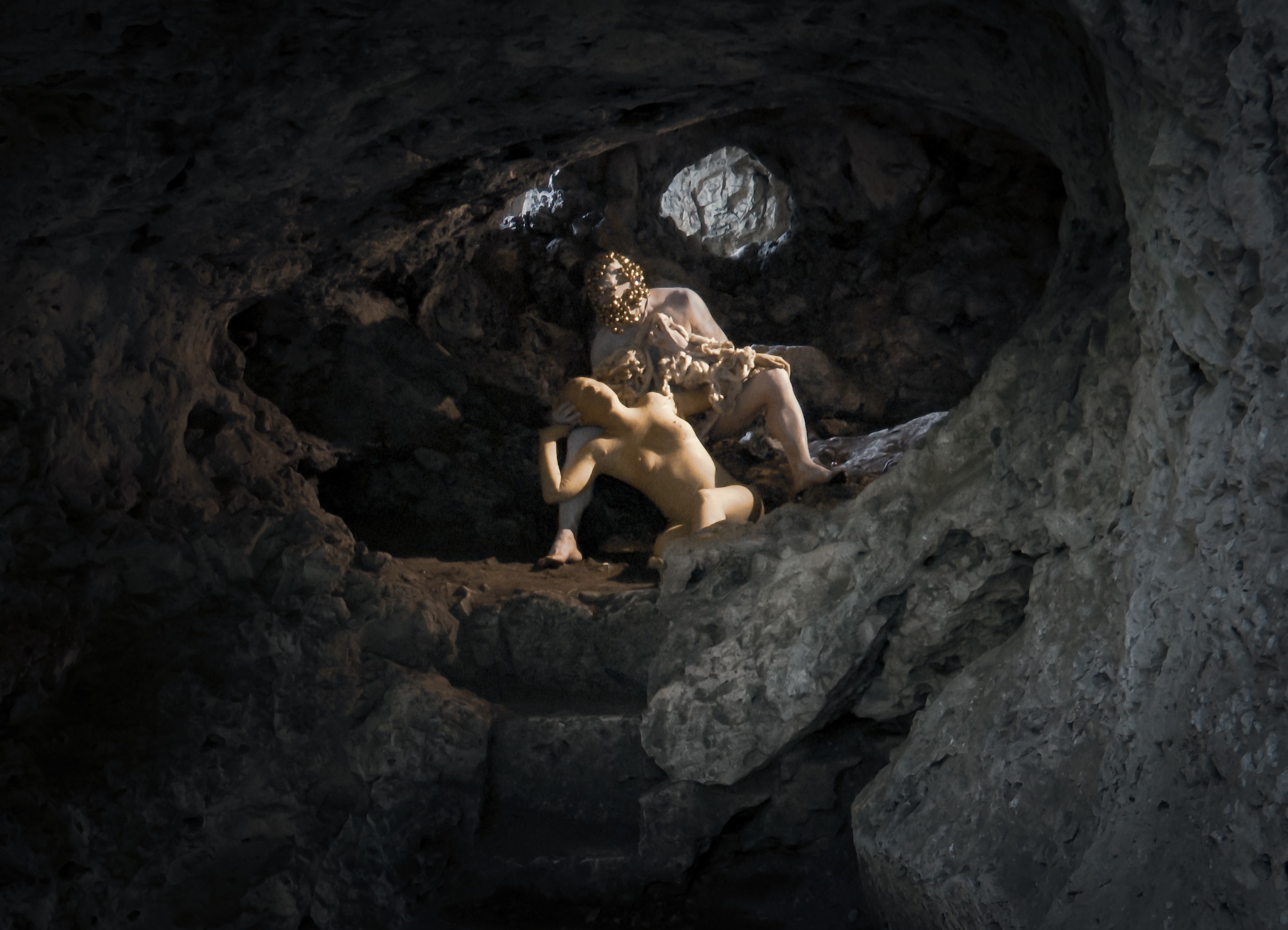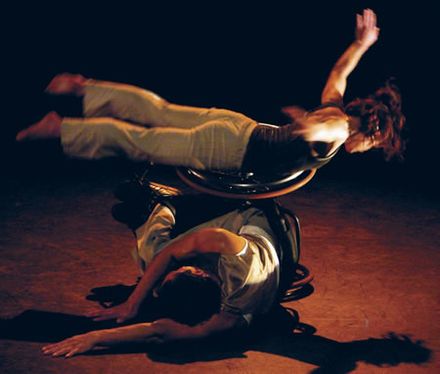This course will explore writing as and about performance
art. It is aimed at practitioners who use writing as part of their work, as
well as those who need inspiration when writing about their own, or another
artist’s work. Through
a series of structured discussions and a number of writing tasks, we will
experiment with how to write as/about/alongside performance art: your own or
someone else’s. As a starting point, we will explore a range of different
kinds of writing, including performative writing (Hannah, Black, Tim Etchells, Tracy
MacKenna), site-writing (Jane Rendell), art writing (Maddee Clark, Lorraine
O’Grady), and auto-ethnography (Unoma Azuah, Mary E. Weems). We will think
about how we might use writing not only to document live work but to invent
further. We will explore what might come first: the performance or the text,
body or language. We will experiment with form and content. We will explore
relationships between text-based work and other media and discourses. The
overarching aim of the course is to inspire students to get writing as part of their
own practice in innovative and generative ways.
